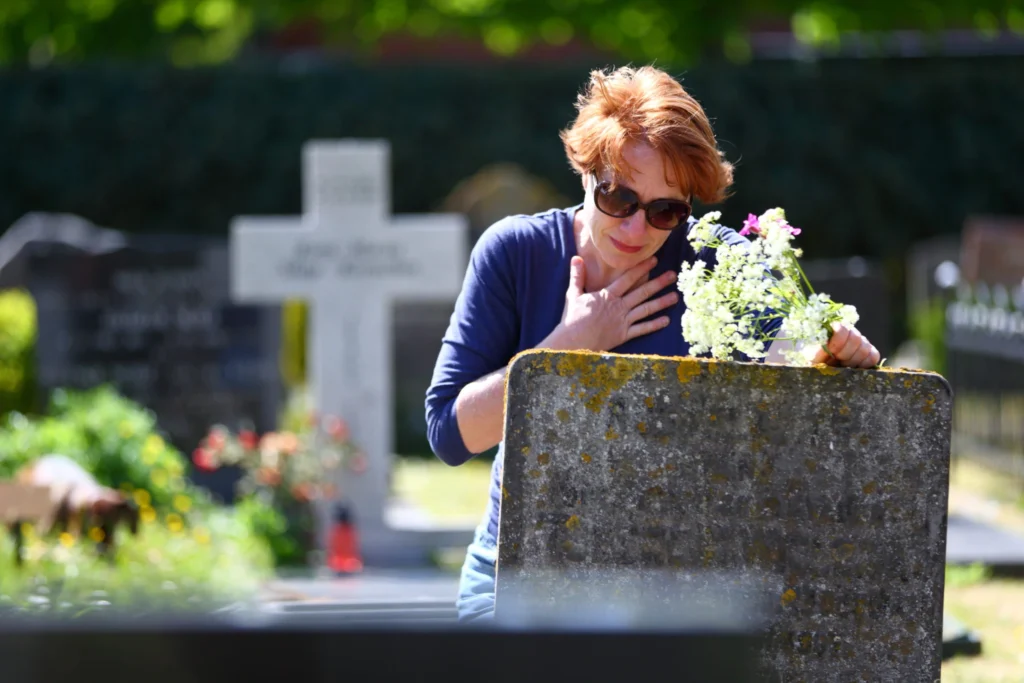When I was thirteen, my father died. We’d just finished playing golf. One minute he was joking with me and the next he was gone, the victim of a heart attack.

This changed everything for my family. My mom was already struggling, having lost her parents earlier that year. Now, not only was she a widow, but she was also suddenly the sole provider for three kids after fifteen years of homemaking. She wondered how to pay the bills. How to pay the mortgage. How to ensure stability for her kids. And since my dad had run his own business, he didn’t have any company benefits or life insurance to alleviate her burden.
My mother rose to the occasion. She got a job. She watched our spending. She taught us the value of a dollar. And at thirteen, since I thought of myself as the man of the house, I took on many of my father’s responsibilities. I, too, got a job so I could contribute to the household budget. And eventually we found our new normal.
My dad was an excellent father, but he hadn’t planned ahead. He didn’t have a financial plan, life insurance, or even a will. As great a father as he was, he didn’t make plans to protect our family should something happen to him.
I encourage you not to make the same mistake. You have to plan for your future. Life insurance is a must. Not only because funeral costs are expensive, but because it can be used to pay off loans and invest in the future. When considering how much insurance to get, think about your expenses. The main ones are the mortgage, college, and childcare. You should also build in some cushion so you can continue your current lifestyle and there’s not a huge disruption for your family going forward. Emotionally speaking, when you have a little extra money in the bank, you feel better. It doesn’t cure everything, but at least it relieves some of the pressure.
Make a will. In it, outline guardians for your minor children, how to dispose of your estate, medical wishes in the event you are unable to communicate your wants, and any special funeral instructions.
Some of this you can do on your own, but other tasks might be easier with a financial planner. The biggest thing in working with a financial planner is to find someone who will listen to your needs. A family with small children has different requirements from a couple in their twilight years. You need someone who will tailor financial plans to you. Think about where you are and where you want to go and find someone who will slowly implement the process to get you there.
Planning things in advance of tragedy is better than waiting until it strikes. That way, emotional distress doesn’t affect major decisions. The most important thing is plan for the worst but hope for the best. You will be better off if you’re prepared.



